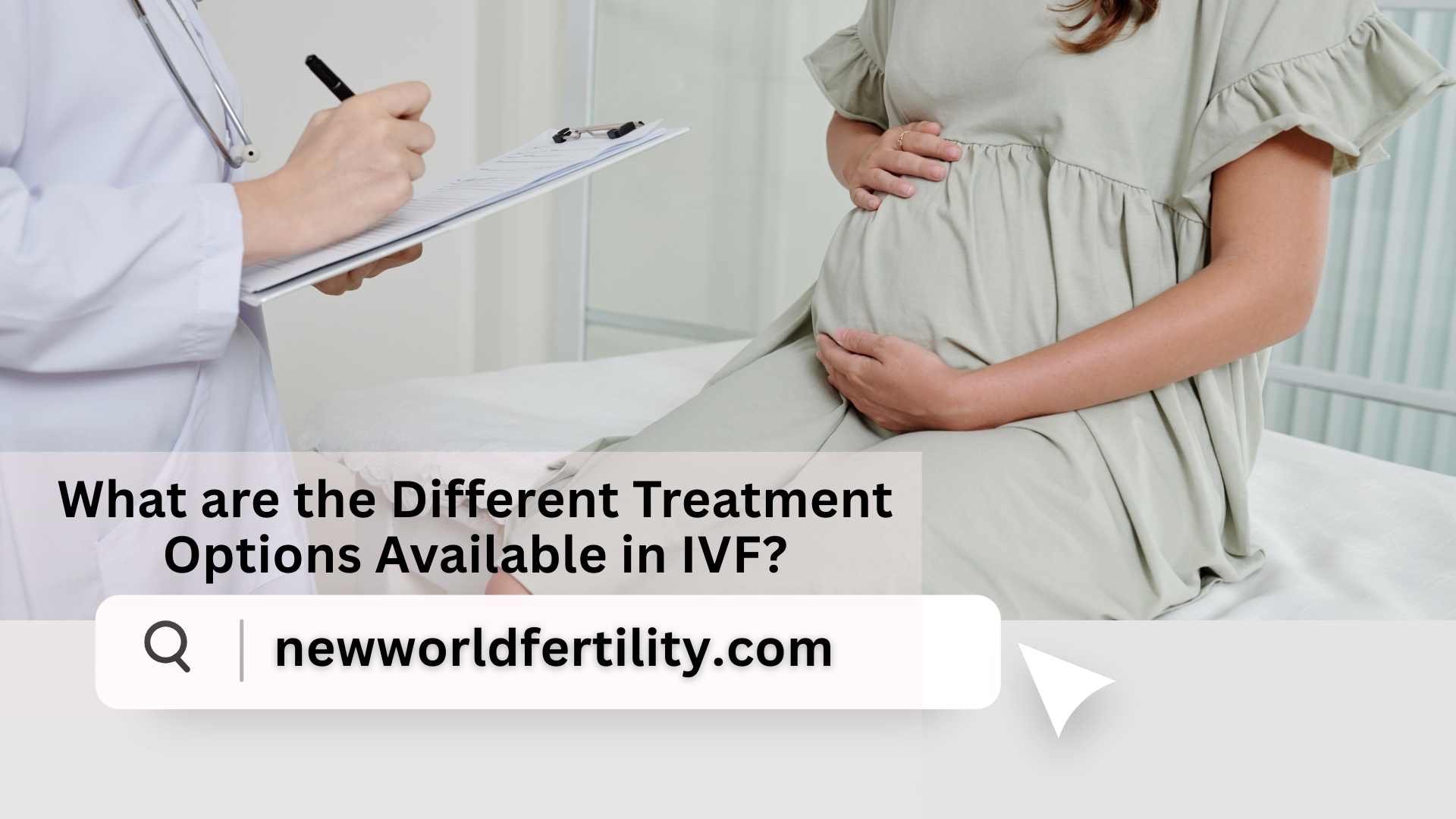What are the Different Treatment Options Available in IVF?
In-vitro fertilization (IVF) is a complex and expensive fertility treatment that involves fertilizing eggs with sperm in a laboratory setting and then transferring the resulting embryos into the uterus. While IVF is often the first treatment that comes to mind when considering fertility options, it's important to understand that there are several different IVF treatment options available.
The Basics of IVF
The IVF process typically involves the following steps:
1. Hormone Stimulation: Women are given hormone medications to stimulate the production of multiple eggs.
2. Egg Retrieval: Eggs are retrieved from the ovaries using a minimally invasive procedure.
3. Sperm Retrieval: Sperm is obtained from the male partner or a donor.
4. Fertilization: Eggs and sperm are combined in a laboratory dish to allow fertilization to occur.
5. Embryo Culture: Fertilized eggs, now called embryos, are cultured in a laboratory for several days.
6. Embryo Transfer: One or more embryos are transferred into the uterus using a thin catheter.
7. Pregnancy Test: A pregnancy test is taken approximately two weeks after the embryo transfer.
Different IVF Treatment Options
In addition to the standard IVF procedure described above, there are several other IVF treatment options available:
1. Intracytoplasmic Sperm Injection (ICSI)
ICSI is a technique used when the male partner has a low sperm count or poor sperm quality. It involves injecting a single sperm directly into an egg using a microneedle.
2. Frozen Embryo Transfer (FET)
FET involves transferring frozen embryos into the uterus. This can be done if there are leftover embryos from a previous IVF cycle or if the woman needs to delay the embryo transfer for medical reasons.
3. Donor Egg IVF
Donor egg IVF involves using eggs from a donor. This is an option for women who are unable to produce their own eggs or have a poor egg quality.
4. Donor Sperm IVF
Donor sperm IVF involves using sperm from a donor. This is an option for women who are unable to obtain sperm from a male partner or for couples with male infertility.
5. Preimplantation Genetic Testing (PGT)
PGT is a technique used to screen embryos for genetic abnormalities before they are transferred into the uterus. This can help reduce the risk of having a child with a genetic disorder.
6. Blastocyst Transfer
Blastocyst transfer involves transferring embryos at the blastocyst stage, which is five to six days after fertilization. This can increase the chances of a successful pregnancy.
7. Natural Cycle IVF
Natural cycle IVF involves using the woman's natural menstrual cycle to produce eggs, rather than using hormone stimulation. This can be a less invasive option for some women.
Choosing the Right IVF Treatment
The best IVF treatment option for you will depend on a variety of factors, including your age, medical history, and the cause of your infertility. Your fertility specialist will be able to help you choose the most appropriate treatment option.
New World Fertility Centre: Your Partner in Fertility Treatment
At New World Fertility Centre in Delhi, our team of experienced fertility specialists is dedicated to helping couples achieve their dream of having a baby. We offer a wide range of IVF treatment options and are committed to providing personalized care to each of our patients.
If you are considering IVF, we encourage you to schedule a consultation with one of our fertility specialists. We can discuss your individual needs and help you choose the best treatment option for you.
Frequently Asked Questions(FAQs)
1. Who is IVF suitable for?
IVF is suitable for couples who have been unable to conceive naturally after trying for a year or more. It can also be an option for women with certain medical conditions that affect fertility.
2. What are the potential side effects of hormone stimulation?
Hormone stimulation can cause side effects such as bloating, mood swings, and headaches. However, these side effects are usually temporary.
3. What is egg retrieval?
Egg retrieval is a minimally invasive procedure used to collect eggs from the ovaries. It is typically performed under anesthesia.
4. What is embryo transfer?
Embryo transfer is a procedure in which one or more embryos are transferred into the uterus using a thin catheter.
5. When can I take a pregnancy test after IVF?
You should wait approximately two weeks after the embryo transfer before taking a pregnancy test.
6. What makes New World Fertility Centre a good choice for IVF?
New World Fertility Centre is the best fertility centre in Delhi with a team of experienced fertility specialists. We offer a wide range of IVF treatment options and are committed to providing personalized care to each of our patients.

 Sep-12-2025
Sep-12-2025